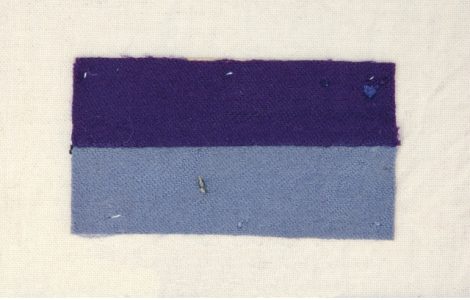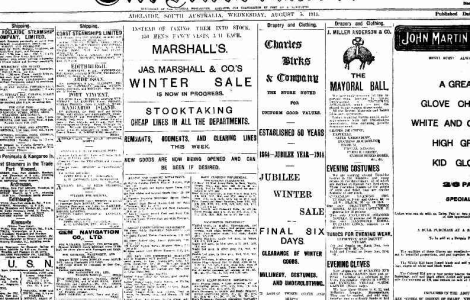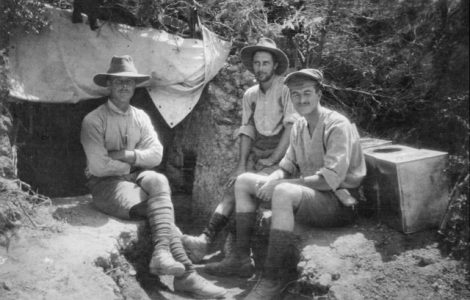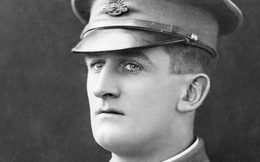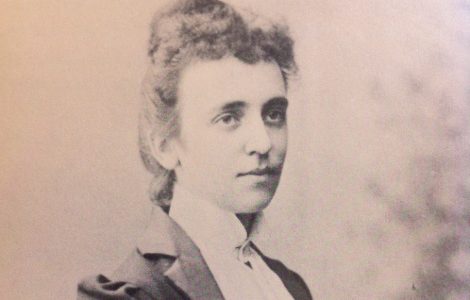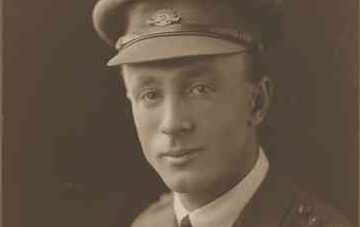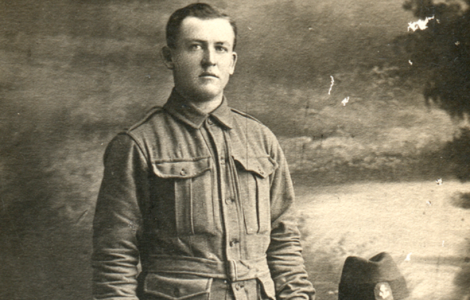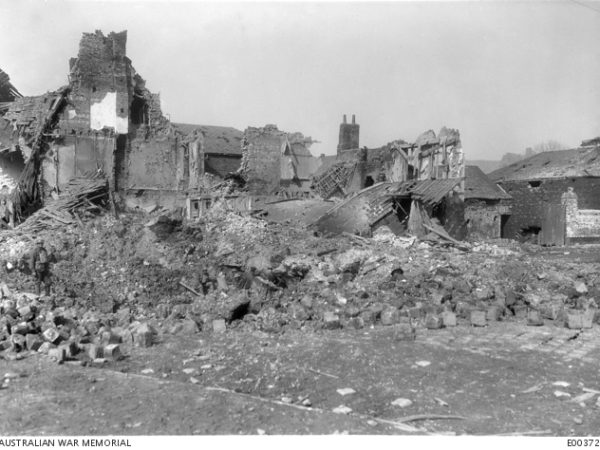
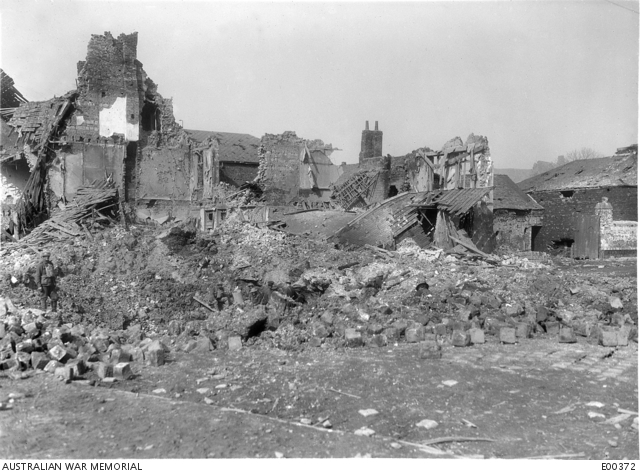
Ruins of Bapaume, photographed March 1917 AWM E00372
Topics
People
Terrell, Frederick Leopold, Cooper, Ethel, Avery, Louis Willyama, Smith, Ross, Churchill-Smith, James, Hughes, Billy
Organisations
February, 1917
When February 1917 rolled around, Australian soldiers serving in France were enduring the coldest French winter for two decades. But in the middle of the month, the temperature warmed, and the ground turned from frozen earth to mud.
FROM THE SOLDIERS IN EUROPE
For most of our soldier correspondents, the first weeks of February followed the same routine as previous – cycling in and out of the frontlines, writing and receiving letters from home and steeling themselves against the cold. But on 23 February, after the thaw had commenced, a number of our correspondents, including the official diary of the 10th Battalion, note something similar: ‘Enemy appears to have evacuated front line opposite us’. This was true – the Germans had commenced a retreat to the Hindenburg line, a fortified defensive line that they had built during the winter. As Lou Avery’s diary recalls ‘Fritz is blowing up Bapaume so he intends going further back.
An aside in James Churchill-Smith’s diary this month reminds us of the importance of news from home. He notes: ‘Hear another Ausn mail sunk – damn the Germans’. Many of these soldiers had been deployed during the Gallipoli campaign, and so it was well over 12 months since they had seen the faces of their loved ones or heard their voices – letters were precious indeed!
Poor Leo Terrell had plenty of time for writing letters this month. Right at the beginning of the month he was ordered to be evacuated due to illness, but it took four days for an ambulance to arrive and take him to hospital. He spent a week in isolation before being fumigated, and returned to his unit right at the end of the month.
IN THE MIDDLE EAST
In stark contrast, Ross Smith continued his adventures in the sky over the Sinai. He was enjoying being involved in night raids, although he does indicate that flying in the dark over unfamiliar terrain was an ‘uncomfortable’ experience. He recounts machine gunning a train, which ‘stopped & everyone jumped out & ran for cover. Some jumped out while the train was still going’. Ross was also involved in the successful attack on Nekhl, after which he was given ‘a cup of hot chicken broth which was most acceptable. The chicken had been running around Nekhl about an hour before!’ He ended the month on leave in Cairo.
BEHIND THE LINES IN GERMANY
Rationing and shortages in Germany continued to make life difficult for civilians like Adelaide-born Ethel Cooper. In a letter to her sister in Australia, she writes: “I sleep in my old fur coat, with 2 hot water bottles and 2 eiderdowns. She also wrote about some First World War ‘fake news’: the airship factory in Leipzig had been bombed, but when the event was finally mentioned in the paper, the collapse of the building was attributed to heave snow build-up on the roof. Ethel’s letter serves to remind us that all newspapers of the time – including the Australian – were heavily biased.
ON THE HOMEFRONT
Meanwhile, back in South Australia, familiar routines were also maintained – recruitment drives (although numbers were dwindling), farewell events for those who were going into camp or overseas, endless fundraising activities and handcrafting comforts for soldiers. Of note, though, was an article in the Advertiser reporting that all German schools were to be closed. The papers also carried information about Prime Minister Hughes’ new cabinet, made up of a combination of those who had left the Labor Party with him, and those from the Liberals.
The month closed with reports that America was soon to join the war. Would this be the turning point that the Allies had been waiting for?


